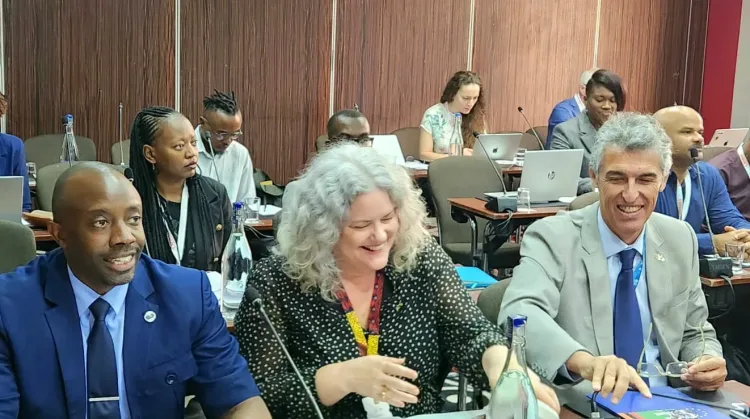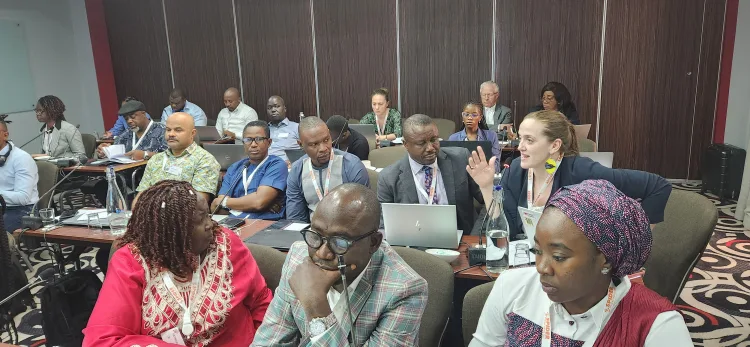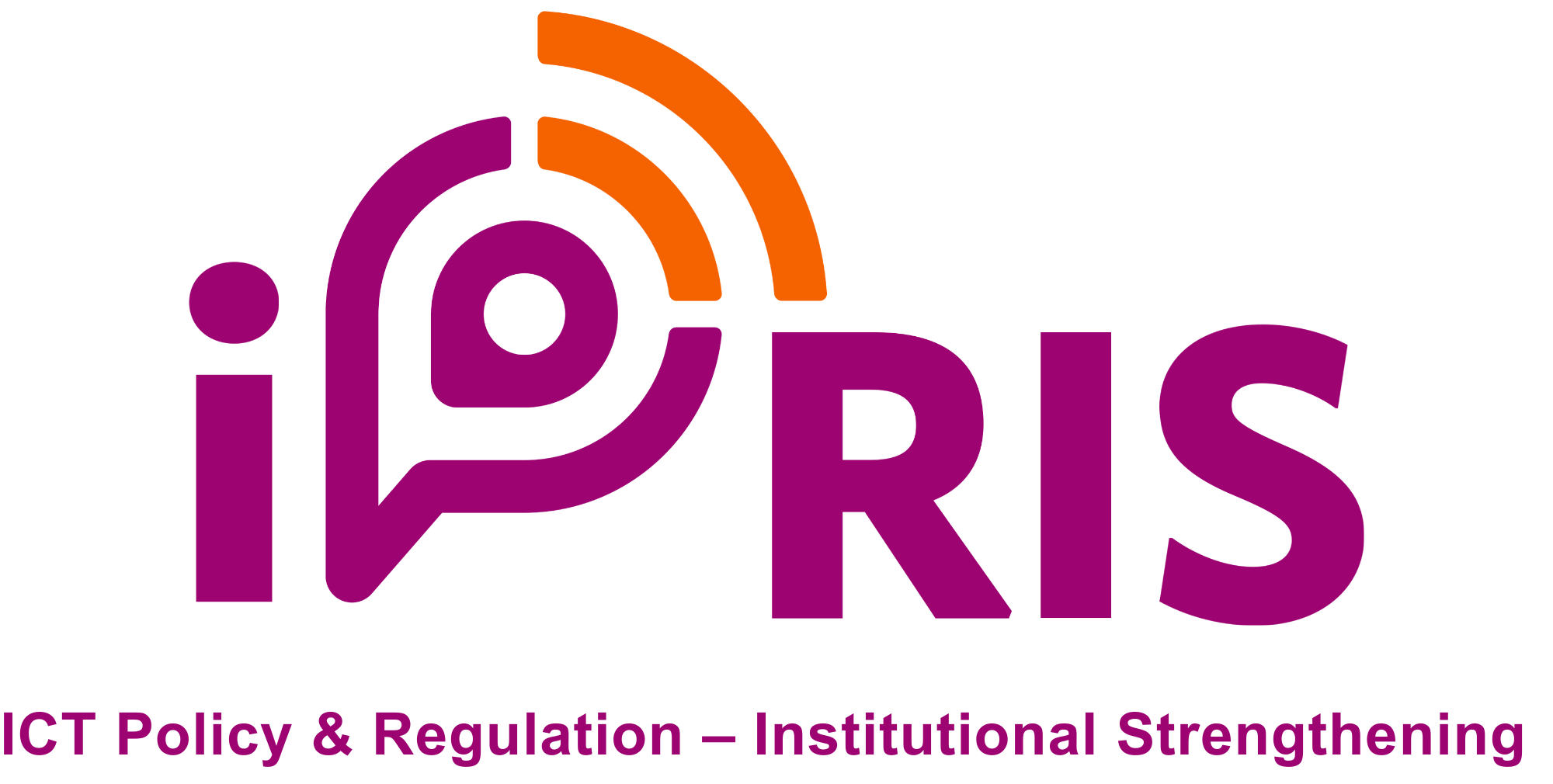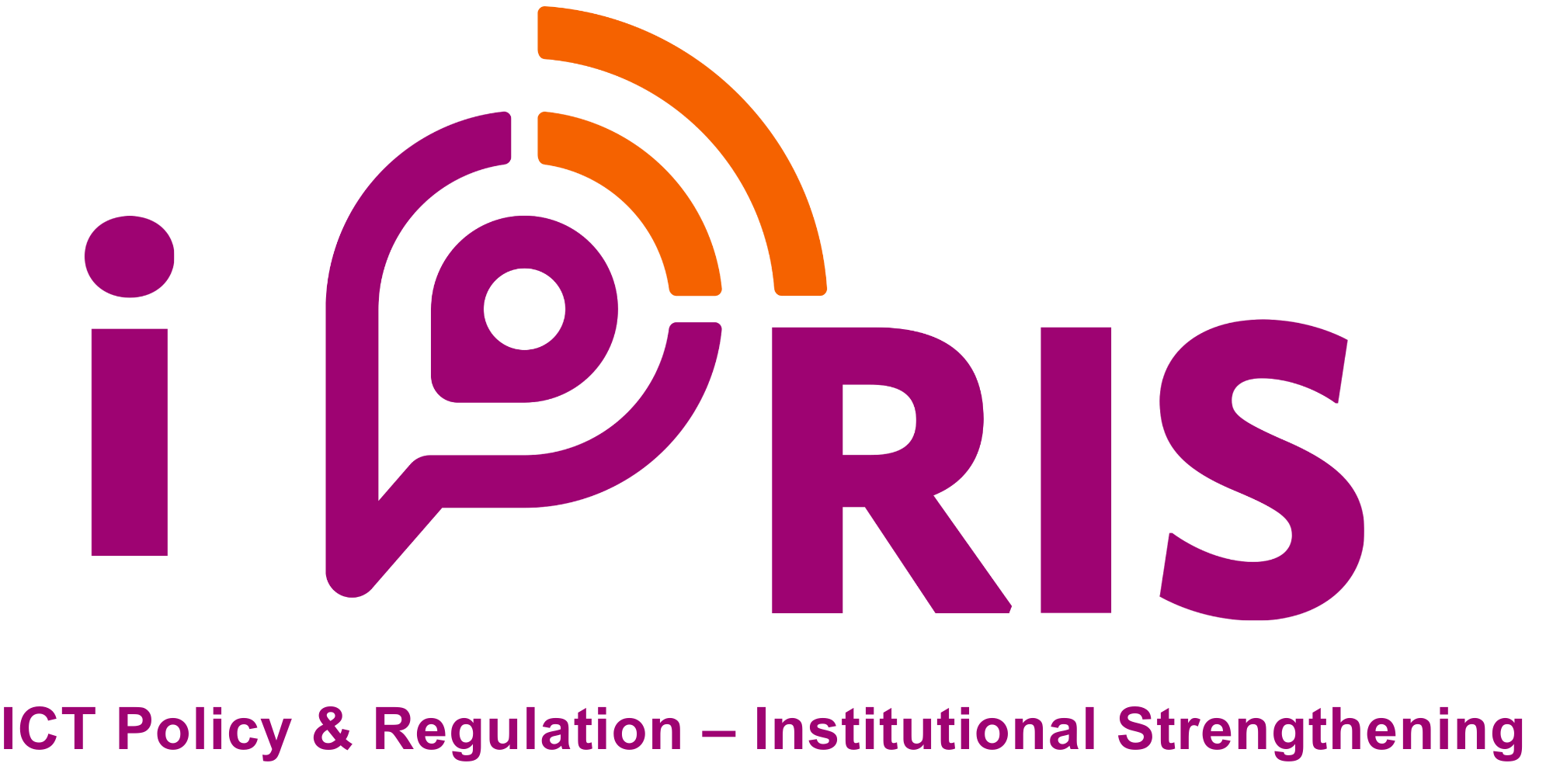The intensive four-day regional peer-to-peer capacity-building workshop (2023-A cohort) took place (March 18-22) in Lusaka, Zambia. The participants included seven of the 43 National Regulatory Organisations (NRAs) covered by iPRIS and representatives from the Regional Regulatory Organisations (RROs), in Africa including CRASA, WATRA, ARTAC and EACO (NRAs). The NRAs representatives include delegates from Kenya, South Sudan, Eswatini, Zambia, Sierra Leone, Nigeria and Namibia. This peer-to-peer capacity-building session followed the intensive Europe Regional session held in November 2023 in Sweden.
To be part of iPRIS, a country has to be part of a Regional Regulatory Organisation (RRO), notably CRASA, WATRA, ARTAC, and EACO. RROs are the regional governing bodies responsible for developing and enforcing ICT regulations, policies, and standards to promote fair competition, ensure consumer protection, and foster development and innovation within their respective sectors.

Eng. Choolwe Nalubamba, Director General of ZICTA, Susanna Hughes from the Embassy of Sweden in Zambia, and Claudio Bacigalupi from the European Union. Photo credit: iPRIS
Peer-to-peer cooperation between the European Union and African region ICT regulators
During the opening on Monday 18th March, Claudio Bacigalupi from the European Union underscored the importance of collaboration in achieving regional harmonisation and creating a more conducive environment for innovation, investment, and cross-border digital services.
Bacigalupi further added, “We want to have peer-to-peer cooperation between the European Union and African ICT regulators and this is of utmost significance in achieving regional harmonisation. We are very happy to collaborate with Sweden and Luxembourg on this task; their collaborative approach can bring considerable benefits, including a more seamless digital ecosystem, enhanced Cross Border Services and greater opportunities."
Susanna Hughes from the Embassy of Sweden in Zambia remarked, “As you may know, even though Africa's share of the world's population is now 17%, its share of global trade is only 3%. There are many challenges to strengthening regional trade in order to achieve the aspirations of the African continental free trade area. She stressed the importance of ICT regulation as one of the important parts of the puzzle towards creating an interconnected digital ecosystem. “It's clear that better regional ICT harmonisation can strengthen cross-border digital services and economic growth. So while the challenges are many, the potential benefits are great”, she remarked. In her conclusion, Susanna Hughes stated, “As regulators, you will have an important responsibility to encourage competition while also ensuring digital inclusion and accessibility.”
During his address, Eng. Choolwe Nalubamba, Director General of ZICTA and host for the week stated, “Zambia has been one of the longest beneficiaries of the project, and there are a few issues that we can point to that we have benefited from this partnership, which include the work that we're doing under the digital financial services.”

Risk assessment for 5G networks, project management and inclusion, among the key topics covered
The second day of the iPRIS Africa Regional peer-to-peer capacity building workshop for the 2023 A cohort) included sessions on cybersecurity, risk assessment for 5G networks, project management, inclusion and broadband deployment.




About iPRIS
iPRIS aims to bridge the digital divide by boosting the capacities of African telecommunications regulatory authorities through peer-to-peer learning. The regulators participating in the project include National Regulatory Authorities and Regional Regulatory Organisations across sub-Saharan Africa.
iPRIS is implemented by SPIDER (the Swedish Program for ICT in Developing Regions), the Swedish Post and Telecom Authority (PTS), and the Luxembourg Regulatory Institute (ILR). In collaboration with the African Regional Regulatory Organisations, the implementers support the participating National Regulatory Authorities to achieve their strategic change initiatives.
iPRIS is funded by the European Union, Sweden, and Luxembourg as part of the Team Europe Initiative “D4D for Digital Economy and Society in Sub-Saharan Africa” (Code: 001).






